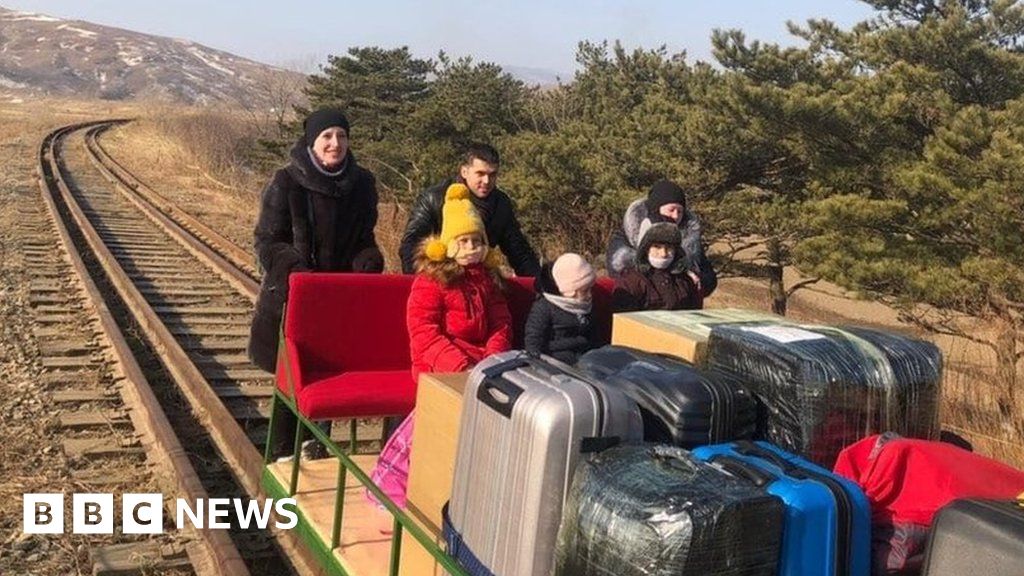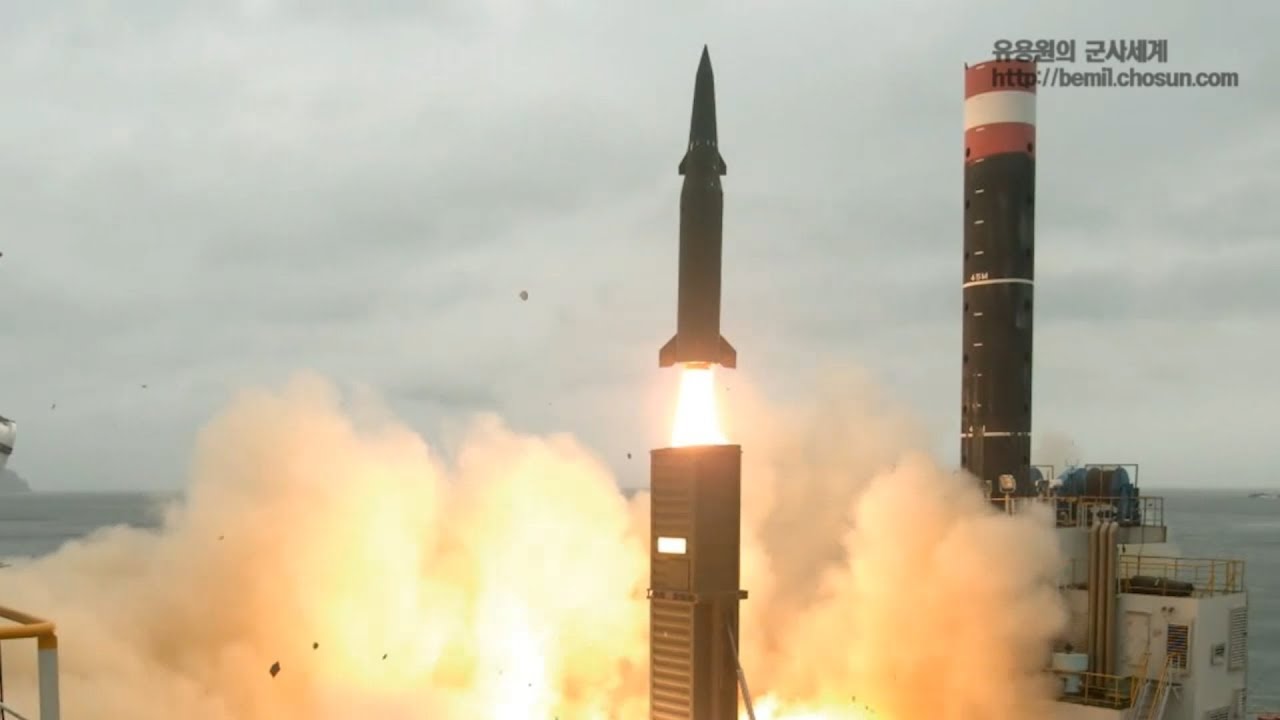2021 Korea Update No. 1
1. On 10 Mar 2021, it was reported that the US Secretary of State Antony Blinken and Secretary of Defense Lloyd Austin will visit Japan and South Korea next week as the administration seeks to boost regional alliances. On 17 Mar 2021, Blinken and Austin will attend a US-Republic of Korea Foreign and Defense Ministerial hosted by the South Korean foreign minister Chung Eui-yong and Minister of Defense Suh Wook.
2. Prior to the visit, on 7 Mar 2021, US and Korea reached a new, six-year deal at talks, where Seoul agreed to a "meaningful increase" in its share under the new Special Measures Agreements (SMA), ending two years of standoff. Driven by former U.S. President Trump’s repeated claims that South Korea was failing to pay its fair share, the outgoing administration initially demanded a fivefold increase in Seoul’s contribution, before asking for a 50% increase over last year — around $1.3 billion. South Korea maintained that a 13% increase from the previous year was its best offer.
3. South Korea's contribution to the cost of U.S. troops is described in the 1966 Status of Forces Agreement (SOFA), the two countries have signed SMAs (10 times since 1991, usually to cover multiple years). Under the last 1 year SMA, reached in February 2019, South Korea agreed to increase its contribution to just under 1.04 trillion won (US$921.5 million), an 8.2% hike from the previous SMA.
4. Exercise Dong Maeng (meaning "Alliance") was first introduced in 2019, and is intended to be a smaller scale version of the bigger exercises Foal Eagle and Key Resolve. The Joint Chiefs of Staff said South Korea and the US decided to move forward with a 9-day, Mar 2021 military exercise after “comprehensively taking into consideration the COVID-19 situation, the maintenance of the combat readiness posture, the denuclearisation of the Korean Peninsula and the establishment of peace”. This Mar 2021 joint military exercise will be smaller than usual because of the coronavirus pandemic. Though scaled back, the combined exercises are still likely to infuriate North Korea which calls them a “rehearsal for war”.
5. One objective of this Mar 2021 exercise will be for the preparation for the full operational capability test, which is necessary for the transfer of wartime operational control (OPCON) from the US to South Korea. Since the 1950-1953 Korean War, the US military has retained the authority to control both South Korean and US forces in case of another war breaking out on the Korean Peninsula.
(a) Eventual OPCON transfer is important, as without it, a war on the peninsular is an American led war fought mainly with Korean divisions or Corps. The Korean Army is 7 Corps strong, numbered 1 to 8 (skipping the use of the no. 4, as it sounds inauspicious).
(b) After the transfer of OPCON to the Koreans, any war on the peninsular is an Korean war fought with American force contributions. Given the size of the Korean Army, it is only logical that their own general lead the Ground Operations Command (created by combining the Korean Army's First and Third Army commands.
(c) Currently, there are about 28,500 US troops stationed mainly in Camp Humphreys, South Korea. These US troops serve as a trip wire to deter North Korea.
6. On 1 Mar 2021, the IAEA Director General Rafael Mariano Grossi
stated in his introductory statement to the Board of Governors that, since his last report to the Board on 3 Sep 2020, “some nuclear facilities in the DPRK continued to operate while others remained shut down.”
(a) Regarding North Korea’s Yongbyon Nuclear Center, he went on to state there were “recent indications of operation of the steam plant” that serves the Radiochemical Laboratory. Recent commercial satellite imagery indicates the coal-fired steam plant is, indeed, in operation again after a nearly two-year hiatus.
(b) Smoke was observed emanating from the plant’s smokestack at various times from late-Feb and early Mar, suggesting that preparations for spent fuel reprocessing could be underway to extract plutonium needed for North Korea’s nuclear weapons. However, this could also mean simply the facility is being prepped to handle radioactive waste.
(c) While it is noteworthy when there are obvious signatures of plant operations, such as the smoke emission at the steam plant, without other evidence of reprocessing activity, this signature cannot be viewed as definitive.


